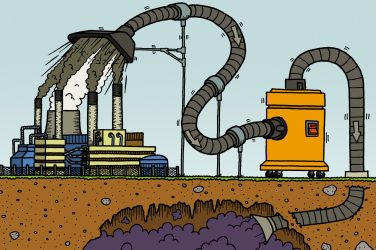According to recent studies, one of the easiest ways to save energy and money is by insulating homes. By properly insulating a home, homeowners can reduce the amount of energy needed to heat and cool it, which in turn reduces energy bills and lowers carbon emissions.
Despite the clear benefits of insulation, many homeowners are still not taking advantage of it. This is partly due to the initial cost of installation, which can be a deterrent for some. However, governments and energy companies are offering a range of financial incentives and grants to make it more affordable for homeowners.
In addition to saving money, proper insulation can also increase the value of a home. Properties with high energy efficiency ratings are in demand and often sell for more than similar properties without insulation. There are also environmental benefits to insulation. By reducing the amount of energy used to heat and cool homes, less carbon dioxide is released into the atmosphere, thus helping to combat climate change.
For this reason, the Energy Efficiency Infrastructure Group (EEIG), has written to Chancellor Kwasi Kwarteng ahead of his mini-budget on Friday, urging him to invest £5 billion more to insulate UK buildings. «Energy efficiency is a triple win for the economy, energy security and boosting Britain’s health» said Sarah Kostense-Winterton, chairman of the EEIG, after a comment of the Energy and Climate Intelligence Unit (ECIU).
In fact, the organization claimed that Government’s 2013 decision to cut support for home insulation meant that 10 million households have missed out on upgrades that would have cut their energy demand. This would have saved the Treasury and taxpayers around £9 billion per year.
Therefore, the IPPR think thank has elaborated a 28-year plan, claiming that retrofitting England’s homes with good insulation and heat pumps could play a key role in “levelling up”, create millions of jobs and knock hundreds off household bills. According to this proposal, it could save average households £430 per year when energy bills are capped at £2,500 this autumn, and sustain more than 1.2 million direct jobs and 1.5 million indirect jobs by 2050.









Show Comments